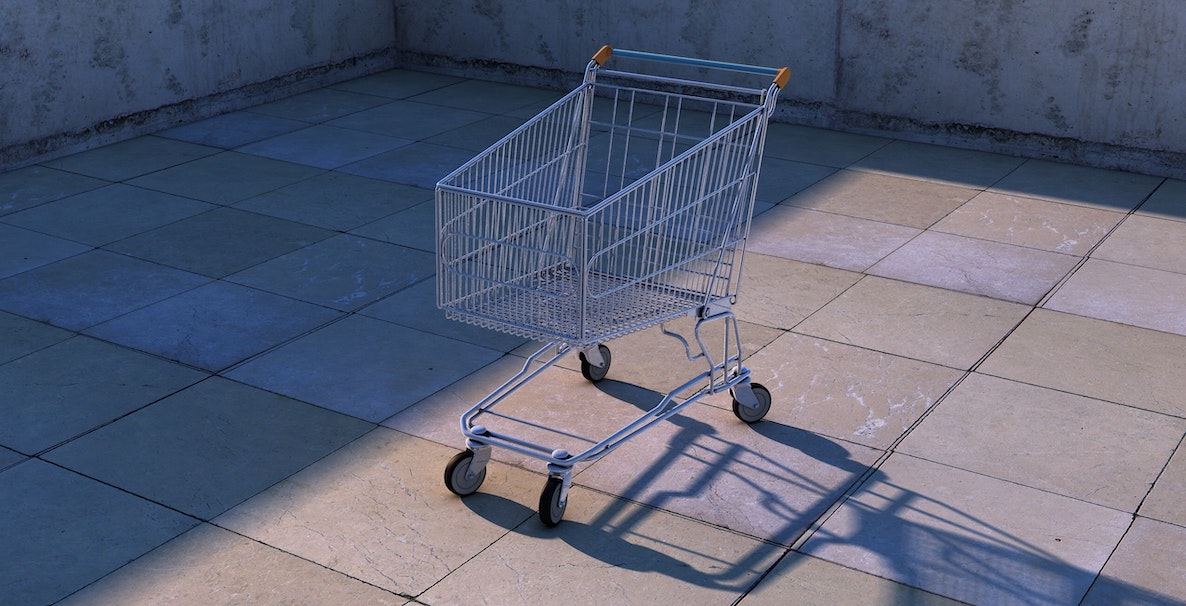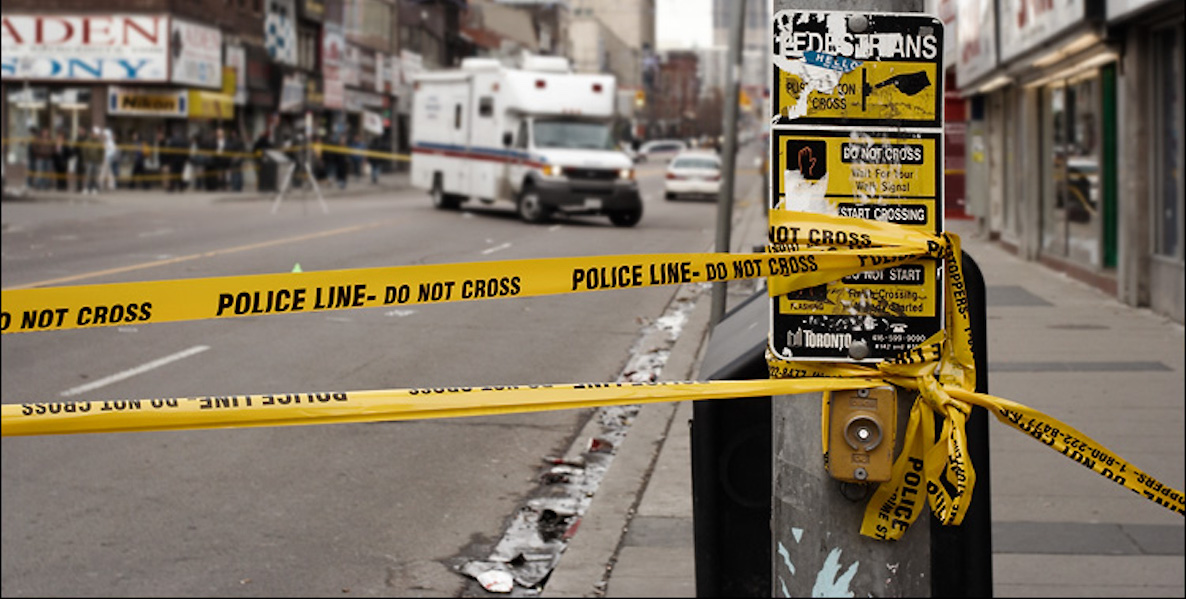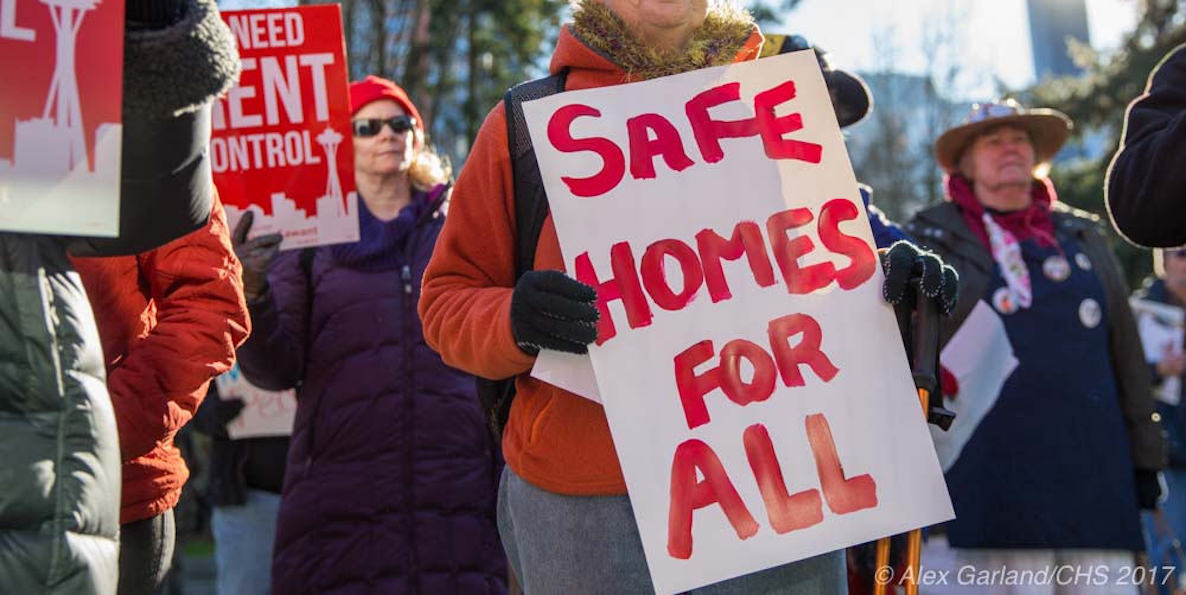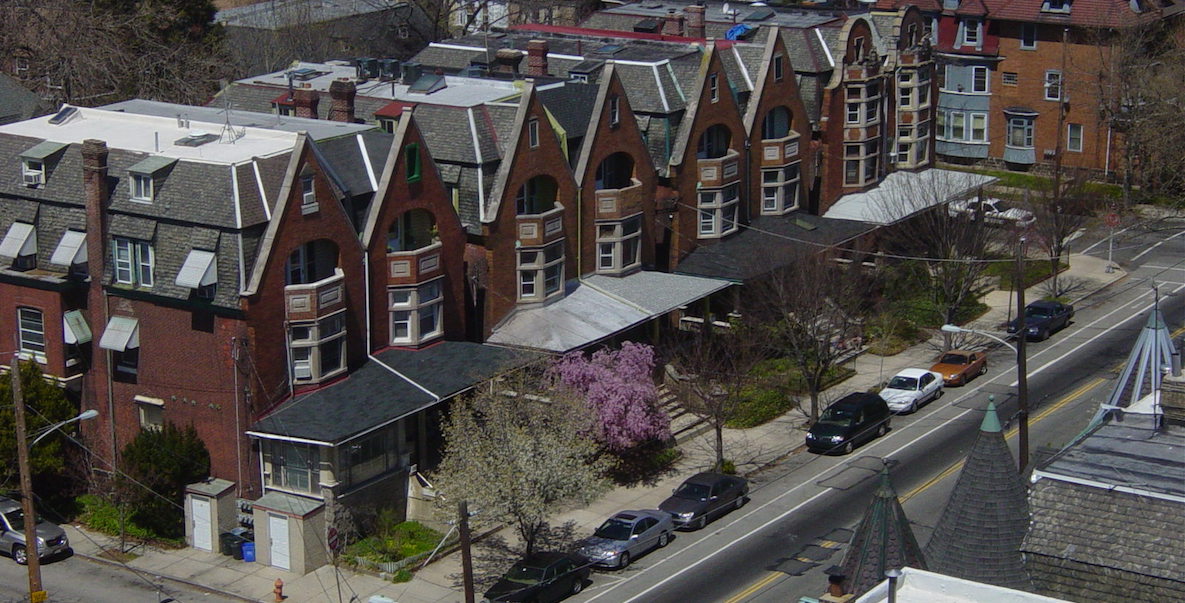It’s a wonkish read indeed, Philadelphia City Controller Rebecca Rhynhart’s “The Accuracy and Fairness of Philadelphia’s Property Assessments” report. The initial browse will make the layman’s eyes tired even with the recognition that it’s a must-read. Because while it’s harmless and clinical on its face, the fact that the Controller would even question property assessment “accuracy and fairness” raises both a brow and that familiar Philly indigestion.
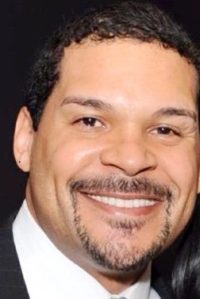
Philly is a city already over-taxed. And it’s the type of over-taxing garnering justified gripes and rebuffs across all sectors, income scales and demographic groups. If it’s one thing Philadelphians have some consensus on—beyond beloved sports teams—it’s the onerous state of taxation.
So, not only do you get the complaints from businesses looking for ways to soften the blow to their bottom line, you also get nods of agreement from those at the bottom of the well. One reason taxation becomes such a top concern is because Philly has the highest and oldest concentration of low-income urban homeowners in the nation. Which why it could likely be among the top vote-catching concerns in upcoming citywide elections.

Prefer the audio version of this story? Listen to this article on CitizenCast below:
Audio Player
An Oppression Tax
What’s worse? When that taxation is used as an extension of systemic oppression by race and income against those more vulnerable homeowners and neighborhoods. This is the most glaring takeaway from the Controller’s report and, undoubtedly, the most instructional: “The [Office of Property Assessment] does a much better job assessing properties in areas of the city like the far Northeast (Zone C), which has assessments that are more uniform and less regressive. The OPA is worse at assessing properties in West Philadelphia (Zone A), Southwest Philadelphia (Zone B) and North Philadelphia (Zones G and H), where assessments are more regressive and less uniform assessments.”
From City Controller RhynhartRead the Report
That analysis confirms what many distressed residents had already long suspected: the blacker the community, the greater the tax. Or, as one WURD listener put it: “How can they have more of everything and get taxed less? And how can I have less of everything and get taxed more?”
It’s a simple and central question to what the Controller’s analysis tells us since the Northeast section of the city has historically been among the whiter and less distressed parts of the city. Adds the Controller: “North, West, and Southwest Philadelphia, the areas with the least uniform and most regressive assessments in the city, are also the neighborhoods with the lowest median income in the city, ranging from approximately $18,000 in North Philadelphia to $26,000 in West Philadelphia according to 2017 Census data.”
Real estate has long been weaponized as one of the most effective forms of racial discrimination. As numerous studies on discriminatory property tax assessments have shown, unfairly targeted taxing of already vulnerable communities is a form of Jim Crow.
This is more than just an ugly trend unveiled. These patterns suggest a deliberate convergence of three active rituals that are systematically targeting and displacing low-income and mostly African American residents: 1) burdensome property assessments in places that definitely don’t need more of that; while 2) assaulting vulnerable residents through the aggressive sale of property tax-liens; and 3) ultimately keeping communities socio-economically stressed enough so as to make them completely unaffordable and unlivable.
Calling it what it is
A good first step is to, simply, call this form of taxation exactly what it is: systematic oppression. Recognize the obvious racial targeting dimensions of it and an easy conclusion is that it’s very easily racist.
But in doing so, city leaders voicing concern over these patterns have got to very simply illustrate what’s happening here and call it for what it is. The recent audit from City Council, which pre-cursored the Controller’s report, kicked off in the right direction.
“Council has been sounding alarms about OPA and the City’s inability to collect and maintain accurate data for several consecutive budget cycles—starting back in 2013,” said City Council President Darrell Clarke earlier this month. “When we lowered a property tax rate proposed by the Administration based on inaccurate data, to more recently when we stopped an administrative attempt to sell off property tax liens, which could have had catastrophic consequences in low-income communities of color.”
Tell the city to clean up its real estate tax practicesDo Something
In this case, let’s not soften the language—it has had “catastrophic consequences.” Real estate has long been weaponized as one of the most effective forms of racial discrimination, and Philly—as “progressive” as it painstakingly attempts to paint itself—is really no exception. As numerous studies on discriminatory property tax assessments have shown, unfairly targeted taxing of already vulnerable communities is a form of Jim Crow.
As Marquette University’s Andrew Kahrl points out: “High assessments on African American owned land became a common, if often invisible, feature of Jim Crow governance. Discriminatory modes of property taxation served as a weapon of social control, an instrument of land speculation and redevelopment, and a vehicle for the unequal distribution of public services.”
Sound familiar?
Elected officials’ collective awareness of this reality must be rigorously assessed on the campaign trail this coming spring. If it’s not, then Philadelphia residents will truly bear the blame for letting it continue in plain sight.
In many ways, looking at the regressive geolocation of OPA assessments, that kind of targeting map easily matches those same city maps we’ve discussed before which show where poverty, food insecurity and violence is the most prevalent. The overlay of multiple maps sends the message that not only are these undesirable places to live, but that the people there are not worth better living and that they are regularly punished by city tax systems for living in distressed places. Hence, many residents are being taxed more for living worse—and, based on conditions in those neighborhoods, not even getting their money’s worth in the distribution and execution of many basic city services. Or, in the case of the patently unfair property tax abatement, they are being taxed more so that folks who don’t pay those same taxes receive better treatment.
Which is why, second, residents in highly-taxed areas of the city should increase the volume on their demands for better performing city service delivery: whether it’s public safety, schools, sanitation, street-cleaning, environmental enhancement, pothole fixing or an array of other essential services. Those communities pay a higher share of taxes, anyway, so why not assess and calibrate the performance of those services? It’s acknowledging who, really, contributes to city payroll.
Articles by Charles D. EllisonRead More
But, lastly, with this realization and proof that residents—especially those who can’t afford it—are being erroneously assessed, city leaders should now figure out a way to get people paid back. That’s a fair question: if the city knows it overtaxed people improperly then why is it still holding on to the money?
City Hall should be considering policy and a system of reimbursing people for the trouble they’ve gone through—as opposed to just letting the thievery committed by OPA take place unpunished. And it’s time to revisit the countless numbers of homes that were lost due to those faulty assessments and the people who lost them, unfairly, because they were unwitting victims of a tax scam. Is the city preparing to return those homes or some form of reparation for that loss? And, while we’re on it: where’s the class action suit on that?
In essence, Mayor Jim Kenney is overseeing a Jim Crow city. Council seems to plod along as if they’ll get to it when they get to it. Their collective awareness of this reality must be rigorously assessed on the campaign trail this coming spring. If it’s not, then Philadelphia residents will truly bear the blame for letting it continue in plain sight.
Charles D. Ellison is Executive Producer and Host of “Reality Check,” which airs Monday-Thursday, 4-7 p.m. on WURD Radio (96.1FM/900AM). Check out The Citizen’s weekly segment on his show every Tuesday at 6 p.m. Ellison is also Principal of B|E Strategy, catch him if you can @ellisonreport on Twitter.
Header: Wikimedia Commons



